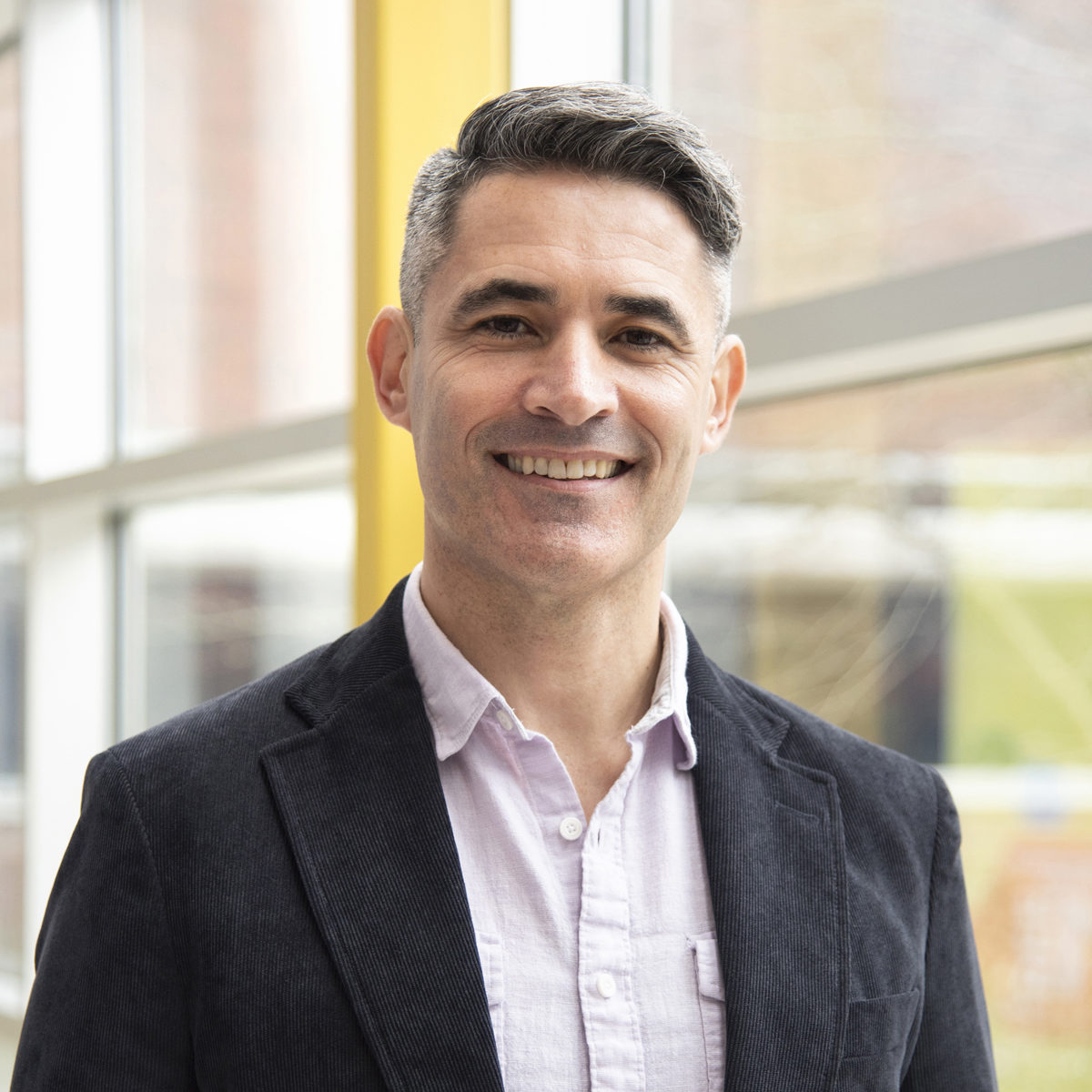
Institution/Organization: University of Tennessee
Email Address: jurat@utk.edu
Website(s): http://juratfuenteslab.utk.edu/
Keyword(s) of Area of Expertise: Microbial pesticides, Biopesticides, Insect cellulases
Bio:
Juan Luis Jurat-Fuentes
Professor
Department of Entomology and Plant Pathology
370 Plant Biotechnology Building
2505 EJ Chapman Drive
Knoxville, TN 37996-4560
Office: (865) 974-5931
Email: jurat@utk.edu
Website: http://web.utk.edu/~jurat/
Education
Ph.D., Entomology, University of Georgia (2002)
M.S. Genetics, University of Valencia, Spain (1997)
B.S., Biology, University of Valencia, Spain (1995)
Research and Teaching
Dr. Jurat-Fuentes research and teaching activities concentrate on Insect Physiology and Molecular Pathology, with a focus on the insect digestive system as a target for novel bioinsecticides and as a prospecting resource for new enzymes of industrial interest.
The goal is to develop and advance insect control technologies for safer and more sustainable food and fiber production, and the discovery of enzymes for application in energy production. In furthering his research goals, Dr. Jurat-Fuentes is actively involved in national and international collaborations with leading scientists, expanding the international relevance and impact of his research.
Areas of Expertise
Insect physiology, insect pathology, entomopathogenic bacteria and transgenic crops, insect molecular biology and biochemistry, insect digestive system, insect cellulases
Current Research Projects
-Mode of action of insecticidal proteins.
-Resistance mechanisms against insecticidal proteins.
-Development of gene silencing for plant protection
-Mechanisms of resistance to insecticidal RNA interference (RNAi)
-Identification of insect enzymes for improved plant biomass degradation
Other Professional Interests
Dr. Jurat-Fuentes has served leadership roles and is an active member of the Society for Invertebrate Pathology, and the Entomological Society of America. He greatly values diversity in science and takes pride in the highly diverse team in his laboratory. His primary teaching responsibility is Insect Physiology. While at UTIA, he has hosted 16 visiting students/scientists from other countries in Europe, Africa, South America and Asia.